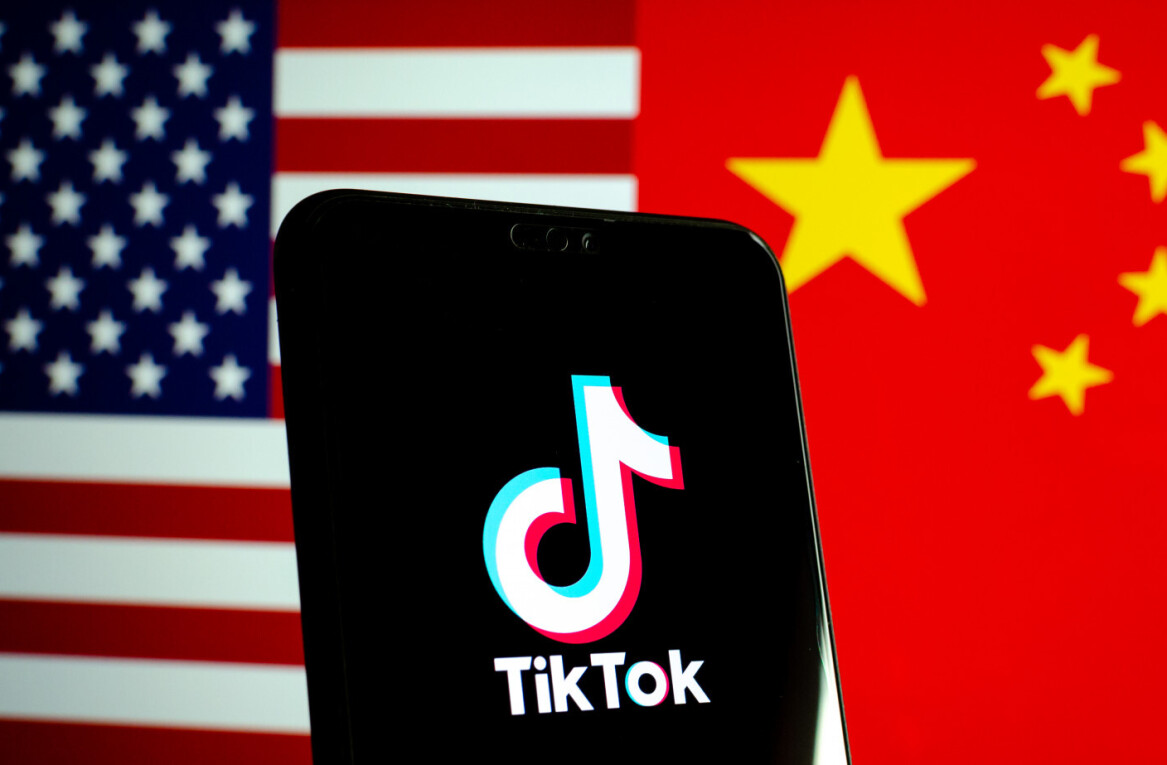
 Following up on a complaint letter sent by the Electronic Privacy Information Center (EPIC) to the FTC, eleven members of the House of Representatives have written to John Leibowitz, chairman of the FTC, over Google’s rule as a potential curator of private data.
Following up on a complaint letter sent by the Electronic Privacy Information Center (EPIC) to the FTC, eleven members of the House of Representatives have written to John Leibowitz, chairman of the FTC, over Google’s rule as a potential curator of private data.
The main point of the complaint is over what we all were all railing about when Buzz launched: it was opt-in, not opt-out, it auto-followed people for you, and more importantly, using Buzz disclosed your email on a very public scale.
In their letter, the Representatives in question write that Buzz “could inadvertently reveal a journalist’s confidential sources or disclose information about a consumer’s medical history, political views, or whereabouts.
While Google has long been a point of interest amongst US government types due to its size, the underlying problem that these Reps have with Buzz is that Google seems to have a tendency to play fast and loose with personal information. Opting users into a service which publishes their email contacts is a pretty heinous violation of privacy laws.
One might wonder why lawmakers then don’t go after Facebook more often given these privacy concerns. My best guess is that it’s because Facebook is entirely opt-in. Sure, Facebook collects everything you store on its servers and sells it to advertisers, but before you sign up for Facebook, you agree to a privacy agreement disclosing all that. Additionally, Facebook is usually very public about changes it makes to how privacy settings work: when Facebook gave the options of marking status updates public, the default setting was still private.
The lawmakers behind the letter also wrote that the FTC should examine Google’s potential acquisition of AdMob, the mobile advertising company, with the understanding that Google should be very careful as to how it shares a mobile internet user’s location data.
Get the TNW newsletter
Get the most important tech news in your inbox each week.





